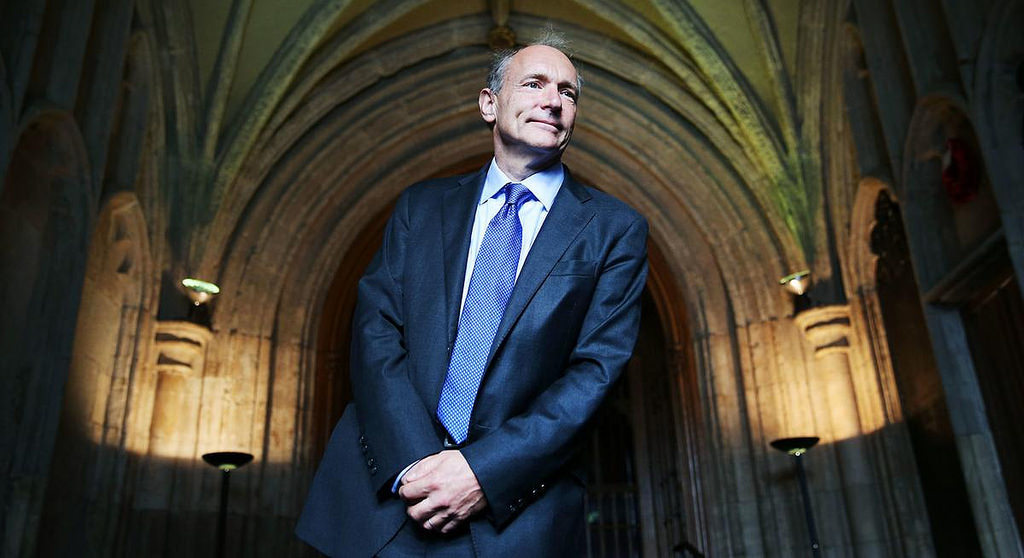Tim Berners-Lee: Today's Internet Must Be Decentralized and Encrypted

British scientist Tim Berners-Lee, creator of the World Wide Web, has finally won the 2016 Turing Award. This award is also called the "Nobel Prize in IT." Each year, it is awarded by the Association of Computer Engineering specialist who contribute, which "is of great importance to IT." The size of the prize is $ 1 million. But, of course, we are not talking about the size of the prize.
The point is Berners-Lee himself. And before and after the award, he continues to argue that the modern Web is becoming more and more centralized. According to the creators of the Internet, this is unacceptable, therefore, it is necessary todramatic change in the infrastructure and principles of the Global Network. This, according to Berners-Lee, needs to be done in order to avoid the ability of states to control the main segments of the Internet.
He opposes the actions of the authorities of Great Britain and other countries, which are trying to introduce various systems of large-scale monitoring of Web users. According to him , the Internet needs to be decentralized and protected from unauthorized interference with encryption wherever possible. After this transformation, the Internet can be called Web 3.0, but not before.
Regarding decentralization, some companies and organizations are already working to solve this problem. For example, startup Blockstackcreates open source software that allows you to create something like a parallel network that works thanks to the blockchain chain. Thanks to the new system, users can fully control the distribution of their data or isolate them from external access. The company promises to implement technology in the form of a special browser.

Another company that decentralizes the Internet is MaidSafe . Another startup that has been working hard for many years to create a p2p network. Now it allows you to host sites, store regular data.
As for encryption, now there are many different technologies and programs that block user data. Examples include email providers like ProtonMail or instant messengers like Signal.
In addition, VPN services are being increasingly implemented. Some of them, for example, NordVPN , are safer than others. There is no storage of user logs, encryption protocols and solutions like DoubleVPN are used. VPN hides the user's IP, does not allow to determine his location, so that a person gets his hands on another tool to protect against unwanted surveillance from the outside.
As for Berners-Lee, a few years ago, he stated the following: “I want to see an open Internet that works great internationally and does not depend on countries.” Berners-Lee gave another example as something he would not like to see: “I don’t want an Internet where the Brazilian government stores all the data of social networks on servers in Brazil. Now it’s even easier to substitute people. ” He believes that perhaps the idea of social networks should be rethought in the name of “the common good of the planet,” since Facebook itself strongly fragmentes the Internet, being a thing in itself.
By the way, he spoke out on such an important issue as AI. According to Berners-Lee, after some time, artificial intelligence will completely control the economy. And we are talking about a weak form of AI, when the computer can solve issues not only about issuing loans, but also about acquiring companies. “Machine intelligence will begin to create its own companies, create holdings and generate new copies of itself to run these companies,” Berners-Lee said. He believes that sooner or later a struggle will begin between the “machine” companies, in which only the strongest will survive.

